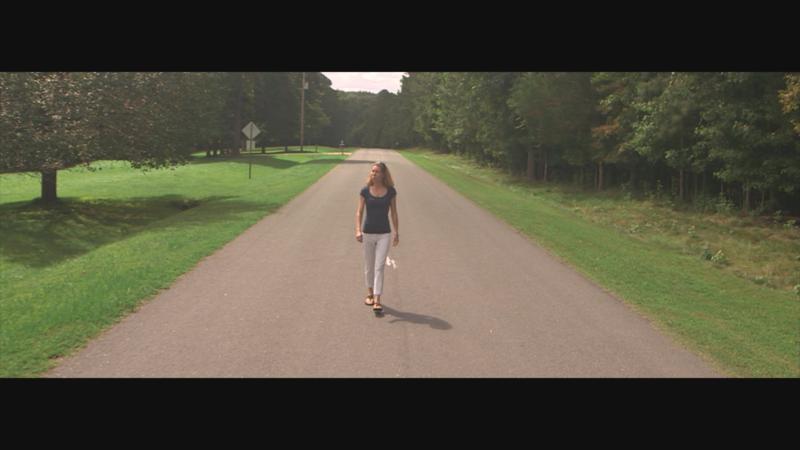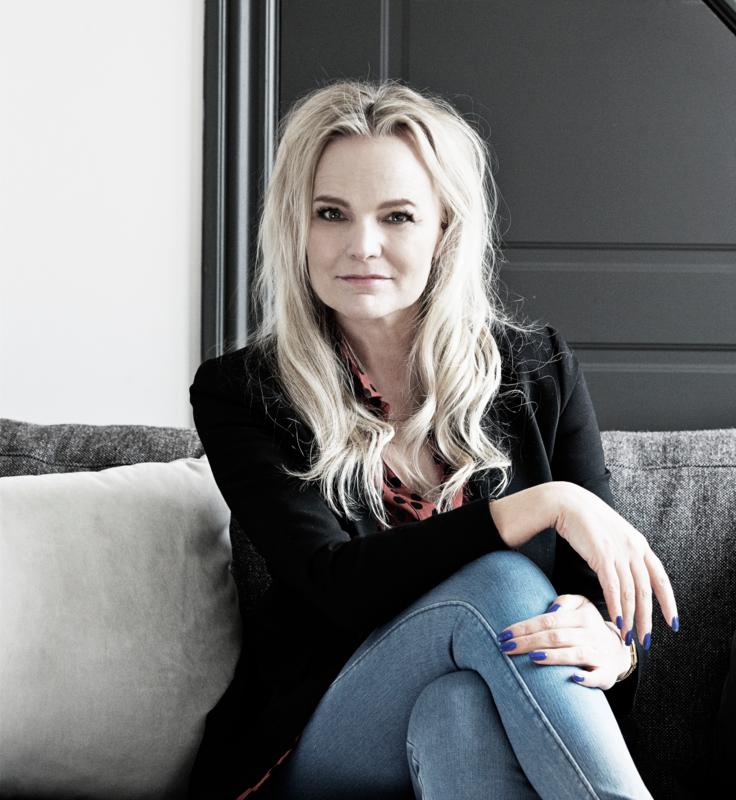"Genetic Me," a new documentary film by Pernille Rose Grønkjær, won two awards at Pariscience, a festival crossing science with cinema that takes place each year in early October.
The film was nominated for the Student Prize and the Pierre-Gilles de Gennes Prize (given to films "dealing with research and spreading scientific knowledge through an original scenario") – and brought home both awards.
"We're very happy about the awards, particularly the Student Prize, as it shows that we have succeeded in communicating something very complex that's also relevant to the generations growing up," says director Pernille Rose Grønkjær.
"There is a sense of great enthusiasm about this new way of looking at science. Someone in the crowd actually said: 'This film is proof that this is the new way of communicating science,' which is of course very flattering."
What does it mean to be human?
"Genetic Me" is a documentary firmly rooted in the realm of science. The film follows scientific journalist and neurobiologist Lone Frank who is fundamentally unhappy with who she is. Frank wants to look into her genetics and biology to find new perspectives to why she ended up as the person she is today. The film asks the question: Would further knowledge of our genetic code influence our perception of what it means to be human?
With these questions, "Genetic Me" takes the viewer on a journey through science and philosophy that makes complex knowledge more broadly available. In this respect, the film serves as a strong example of the potent relationship between science and documentary films.
The Danish Film Institute recently hosted a workshop with the aim of uniting acclaimed scientists and documentary producers and directors. Subsequently, Lone Frank and director Pernille Rose Grønkjær have already started collaborating on a new project.
"Genetic Me" is produced by Lone Frank, Bjørn Vidø and Jesper Eugen-Olsen for The Four Letter Revolution.
Pariscience Science Film Festival / 2-7 October 2014


